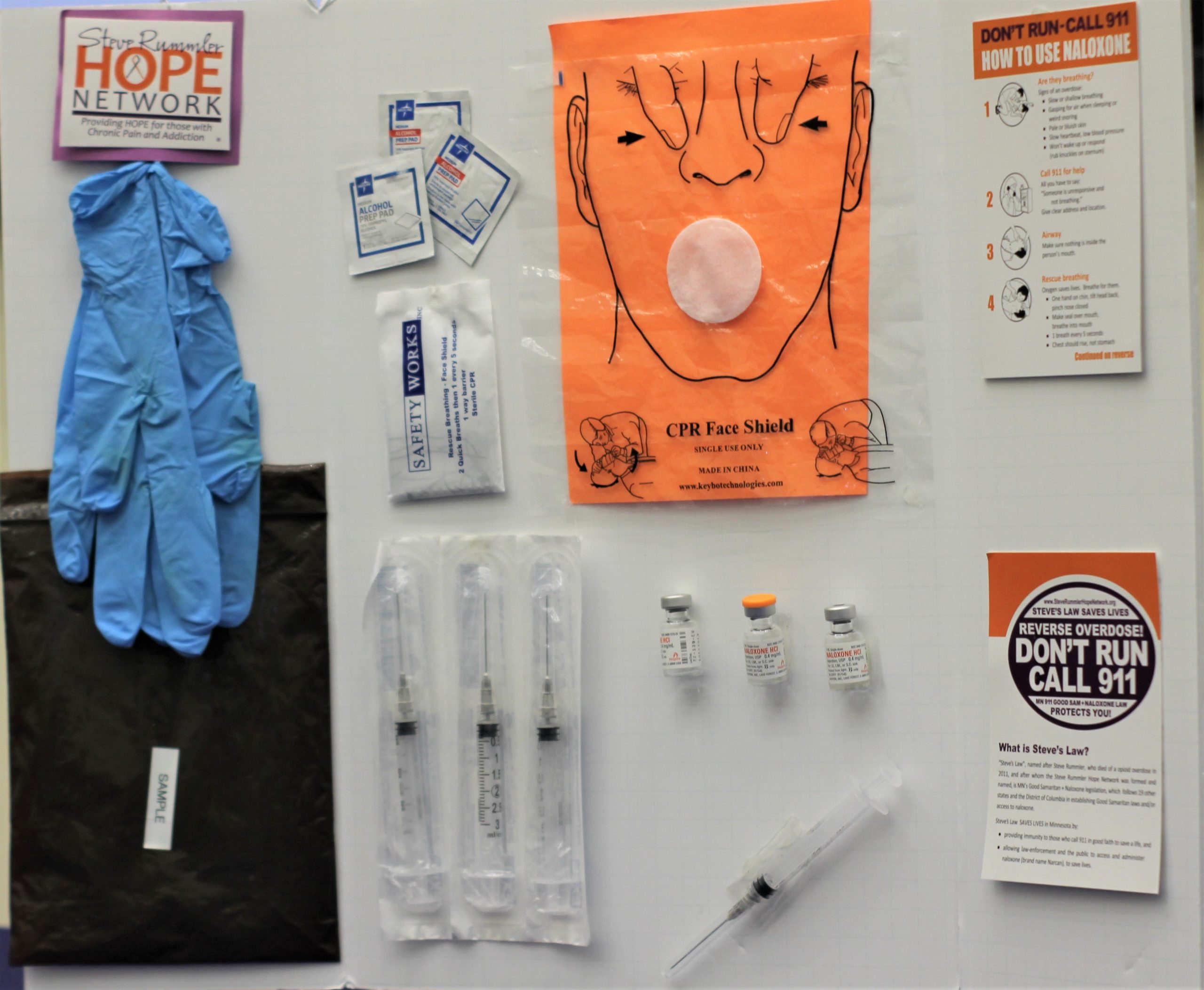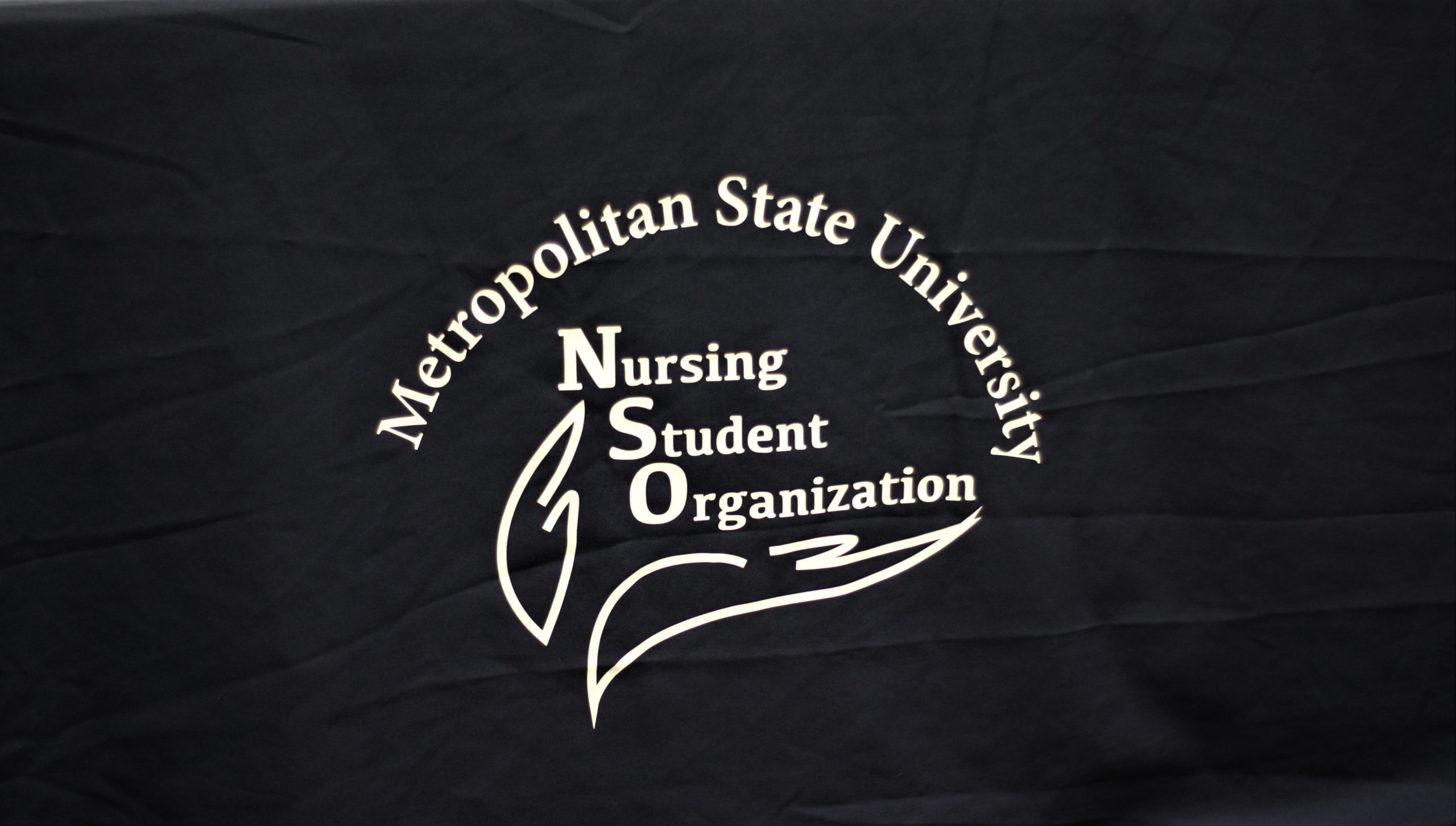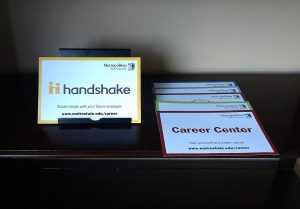Brandon General
On March 3, Metropolitan State University held a seminar designed to assist the public in identifying ways to combat the ongoing opioid epidemic. The event was hosted by the Steve Rummler Hope Network, an organization that prides itself in raising awareness about many forms of addiction.
During the presentation, the group discussed a wide variety of topics. Some of the topics included: common symptoms of users, behavioral/psychological changes that occur as a result of usage, and telltale signs of a user going through withdrawal.
However, they not only covered broad topics about the epidemic, but in-depth local statistics as well. For instance, between 2017 and 2018 the number of Fentanyl related overdoses in Minnesota decreased from 422 cases to 331 cases.
According to the organization, this decrease occurred due to having more stringent provider regulations regarding prescribed medication and the introduction of Naloxone into ERs within affected communities. Naloxone is a medication commonly used to reverse the effects of an opioid overdose.

In 2014, the Steve Rummler Hope Network actually helped a law pass in the Minnesota State Legislature appropriately titled “Steve’s Law.” The law allows anyone in the state of Minnesota to administer Naloxone in “good faith” to a person they deem suffering from an overdose, however, doing so only provides a limited immunity from prosecution.
This limited immunity oftentimes only covers the individual calling for assistance and the actual person overdosing. So, in the case of an overdose occurring in a party setting with many individuals in attendance, the additional party goers who didn’t administer aid or call for help would most likely not be protected by Steve’s Law.
Upon learning these details regarding the law, some seminar participants sought additional clarification from the presenter on the matter. The audience was composed primarily of medical professionals and older adults.
One major takeaway from the event was how safe Naloxone is for a person being injected and how easy it is for an individual to administer in the case of an emergency. A scenario was given regarding the subject of accidental injection to a person in a deep sleep and, if that were to occur, what the outcome would be.
According to the panel, Naloxone produces no side effects from the actual medication. So, in the instance of injecting a sleeping person instead of someone actually overdosing, it would have no effect other than, perhaps, waking the person up.
As the event concluded, members of the foundation distributed information brochures, pamphlets and sealed overdose rescue kits to attendants.
Providing the necessary tools for communities to be effective is paramount to stemming the opioid crisis. This was the concept stressed by the Steve Rummler Hope Network.




